What is Thesis AI
Thesis AI is a groundbreaking artificial intelligence assistant specifically engineered to draft comprehensive scientific documents, ranging from research papers to literature reviews, all from a single, concise prompt. Unlike general-purpose AI models, Thesis AI is meticulously trained and optimized for the nuanced demands of academic writing.
It provides robust support for inline citations, allowing users to effortlessly integrate references from up to 100 uploaded or imported scientific papers. This AI assistant is designed to be a game-changer for academics, researchers, and students, significantly reducing the time and effort traditionally required to produce high-quality, citation-rich scientific content. Its specialized focus ensures greater accuracy and relevance in academic contexts, making it a powerful ally in scholarly pursuits.
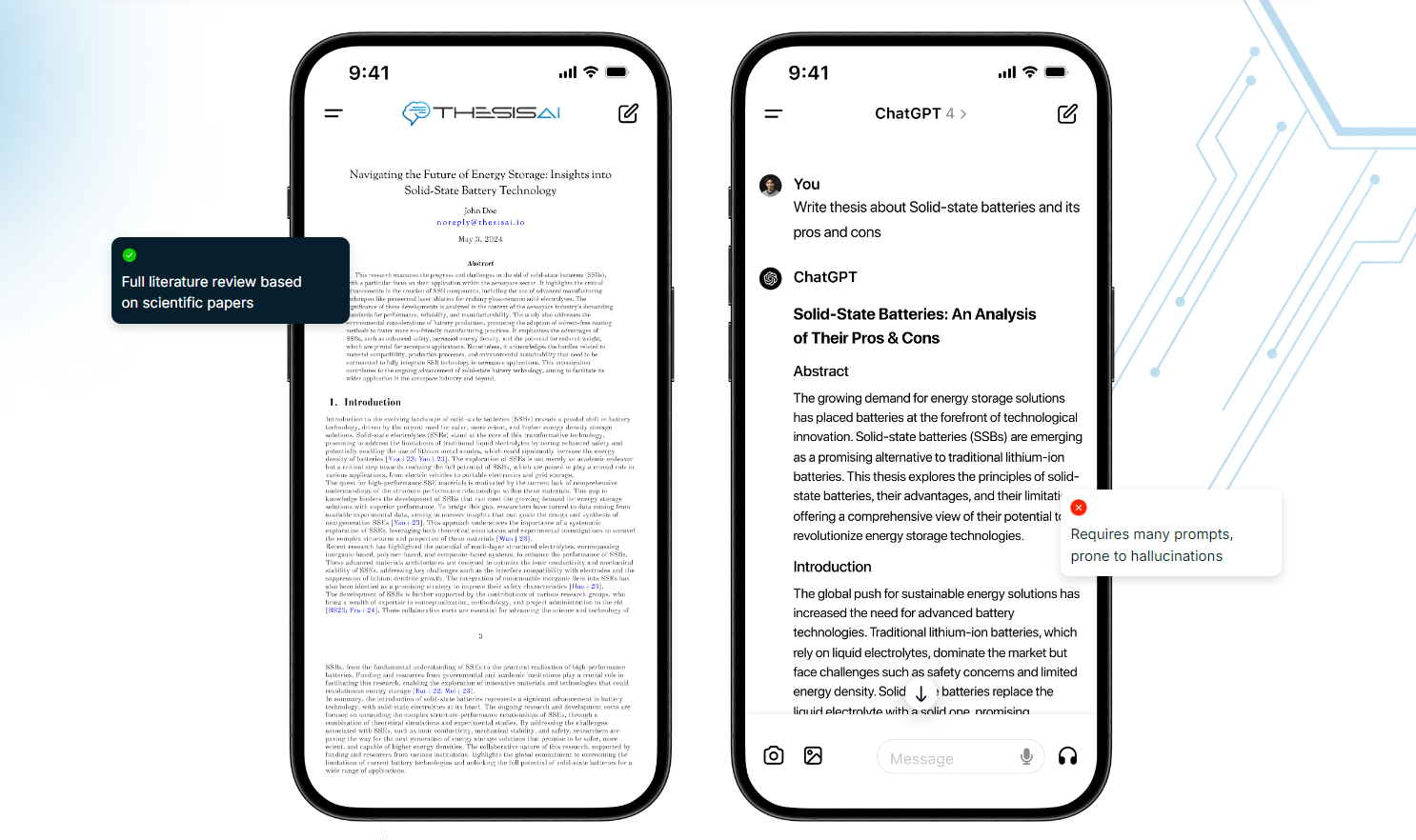
How to use Thesis AI
Using Thesis AI is remarkably straightforward, designed for maximum efficiency and ease of use in academic document creation. To initiate the drafting process, users simply need to provide a single, clear prompt outlining the desired scientific document’s topic and scope. Following this, users can upload or import up to 100 relevant scientific papers from which Thesis AI will draw information for inline citations.
The AI then processes this input to generate a comprehensive document, incorporating references and adhering to academic structures. Once drafted, the document can be exported in multiple versatile formats, including PDF, Word, LaTeX, and BibTeX, providing flexibility for various academic workflows.
For further refinement and collaborative efforts, documents can be directly exported to Overleaf, allowing for manual editing and seamless integration into existing LaTeX projects. This streamlined process empowers users to quickly produce high-quality drafts, significantly accelerating their research and writing timeline.
Thesis AI Core Features
Thesis AI stands out with a suite of powerful core features tailored specifically for scientific document creation, ensuring efficiency, accuracy, and academic rigor.
AI-powered scientific document drafting
At its heart, Thesis AI leverages advanced artificial intelligence to generate detailed scientific documents from a minimal input, enabling users to create extensive papers, essays, and reviews with unprecedented speed.
Inline citations with extensive source support
This crucial feature allows Thesis AI to automatically insert accurate inline citations from a vast library. Users can upload or import up to 100 papers, ensuring that all generated content is properly referenced, a cornerstone of academic integrity. Thesis AI can also provide citation on both paper and page levels.
Native LaTeX integration
For researchers and academics who rely on LaTeX for its precision and control over document formatting, Thesis AI offers native integration. This ensures that generated documents are compatible and easily editable within a LaTeX environment.
Support for multiple languages (20+)
Breaking down language barriers in scientific communication, Thesis AI supports content generation in over 20 languages, enabling a wider global reach for research and facilitating multilingual academic endeavors. Users can also provide source files in any language for citation.
Zotero and Mendeley integration
Seamlessly connecting with leading reference management software like Zotero and Mendeley, Thesis AI simplifies the process of importing and managing citations, further streamlining the workflow for academics already using these tools.
Overleaf export for manual editing
After initial generation, documents can be directly exported to Overleaf, a popular collaborative LaTeX editor. This feature allows for crucial manual review, refinement, and collaborative editing, ensuring the final output meets specific project requirements and academic standards.
Multiple output formats
Flexibility in output is key, and Thesis AI delivers by allowing users to export their documents in various essential formats, including PDF for final review, Word for ease of editing, LaTeX for advanced formatting, and BibTeX for citation management.
Thesis AI Use Cases
Thesis AI is an invaluable tool for a diverse range of academic and research-related applications, significantly enhancing productivity and accuracy across various writing tasks.
#1 Drafting research papers with automated citations
One of the primary use cases for Thesis AI is expediting the creation of comprehensive research papers. By simply providing a prompt and relevant source materials, users can generate a fully structured and citation-rich draft, drastically cutting down the initial writing time. This allows researchers to focus more on critical analysis and refinement rather than the laborious task of drafting from scratch and manually managing citations.
#2 Creating literature reviews from uploaded papers
For students and researchers embarking on new projects or theses, developing a thorough literature review is often the most time-consuming step. Thesis AI simplifies this by processing a large volume of uploaded academic papers and synthesizing them into a coherent and well-cited literature review. This capability is instrumental in quickly grasping the existing body of knowledge on a topic and identifying research gaps.
#3 Generating scientific documents in multiple languages
In an increasingly globalized academic world, the ability to produce scientific content in various languages is a significant advantage. Thesis AI enables users to generate documents in over 20 languages, facilitating wider dissemination of research findings and fostering international collaboration. This feature is particularly useful for presenting research to diverse audiences or submitting to international journals.
#4 Thesis and dissertation drafting
Thesis AI serves as an exceptional assistant for drafting extensive academic works like theses and dissertations. Its capacity to handle large page counts and integrate numerous citations makes it perfect for structuring complex arguments and compiling extensive research findings efficiently.
#5 Grant proposal writing
Crafting compelling grant proposals often requires synthesizing vast amounts of scientific information and presenting it clearly. Thesis AI can help draft sections of grant proposals, especially those requiring literature summaries or background research, speeding up the application process.
FAQ from Thesis AI
Here are some frequently asked questions about Thesis AI, providing quick answers to common queries about its functionality and usage.
Can I control the number of pages that a document has?
While the exact number of pages cannot be precisely controlled due to the non-deterministic nature of large language models, you can influence the document’s length by providing a detailed prompt that outlines the desired structure, including specific chapters, sections, and the level of detail you expect for each. More comprehensive prompts generally lead to longer outputs.
Is Thesis AI proofed against AI detection like ZeroGPT?
Thesis AI cannot guarantee that the generated content will be undetectable by AI detection tools. If bypassing AI detection is a concern, a suggested method is to have Thesis AI generate the document in one language (e.g., German) and then manually translate it into your target language (e.g., English). This process can help alter linguistic patterns that AI detectors might flag. However, this is not a recommendation to bypass any academic writing standards or ethical guidelines.
In which languages can I create a document?
Thesis AI supports document creation in over 20 languages, offering broad linguistic flexibility for users worldwide. This allows researchers to produce content tailored for diverse audiences or specific regional academic requirements.
In which languages can I provide source files to be cited?
You can provide source files for citation in any language. Thesis AI’s processing capabilities allow it to extract relevant information for citations regardless of the original language of the uploaded or imported papers.
I got an error during document creation, what to do?
If you encounter an error during document creation, first ensure your internet connection is stable. If the issue persists, try simplifying your prompt or reducing the number of uploaded source files. If the error remains, please reach out to Thesis AI support via their contact page, providing your prompt, chat settings, and a detailed description of the issue.
I can not open the PDF, what to do?
If you are unable to open the generated PDF, it might be due to a corrupted file or an issue with your PDF viewer. Try downloading the document again. If the problem persists, export the document in LaTeX format and use a LaTeX editor (like Overleaf) to compile it, which might resolve any underlying formatting issues.
What is the Citation Level setting doing?
The Citation Level setting in Thesis AI allows you to control the density and granularity of citations within your document. Adjusting this setting can make the AI generate more or fewer citations, and also determine whether citations are provided at a paper-level or a more specific page-level, offering greater control over the academic rigor and flow of your text.
Which citation styles does Thesis AI offer?
Thesis AI offers a comprehensive range of popular citation styles, including Alphabetic, Numeric, APA, IEEE, Harvard, Oxford, Chicago Notes, and Chicago Author-Date. If a specific style is not directly available, you can export the document to Overleaf and manually adjust the bibliography file to match your required style.
The bibliography section is missing in the document
If the bibliography section is missing, ensure that you selected a citation style that includes a bibliography. Sometimes, formatting issues in the generated LaTeX or BibTeX can prevent the bibliography from compiling correctly. In such cases, it is recommended to export the document to Overleaf and manually review and compile the bibliography there to resolve any syntax errors.
How to cancel the subscription?
Details on how to cancel your subscription can typically be found within your account settings or on the billing section of the Thesis AI website. For specific instructions, please refer to the “Terms & Policies” or “Account Management” sections, or contact Thesis AI customer support directly.
Pricing Thesis AI
Thesis AI offers competitive monthly subscription plans designed to meet varying academic needs, ensuring access to its powerful document drafting capabilities.
Basic Plan
$12 per month This plan is ideal for individuals with moderate document drafting needs. It allows for the creation of up to 4 documents per month, each with a maximum length of 50 pages. Output formats include PDF, LaTeX, and BibTeX, powered by the advanced GPT-4o model. This option provides essential tools for efficient academic writing without breaking the bank.
Pro Plan
$20 per month The Pro Plan is designed for users requiring more versatility in their document outputs. Like the Basic plan, it includes 4 documents per month, with each document still capped at 50 pages. However, the Pro plan expands the output options to include PDF, LaTeX, BibTeX, and Word, offering greater flexibility for editing and sharing. This plan utilizes the GPT-4.1 model, providing enhanced performance for your drafting needs.
For the latest pricing, please visit this link: https://www.thesisai.io/#pricing
SOCIAL LISTENING
Visit BigSpy AI homepage



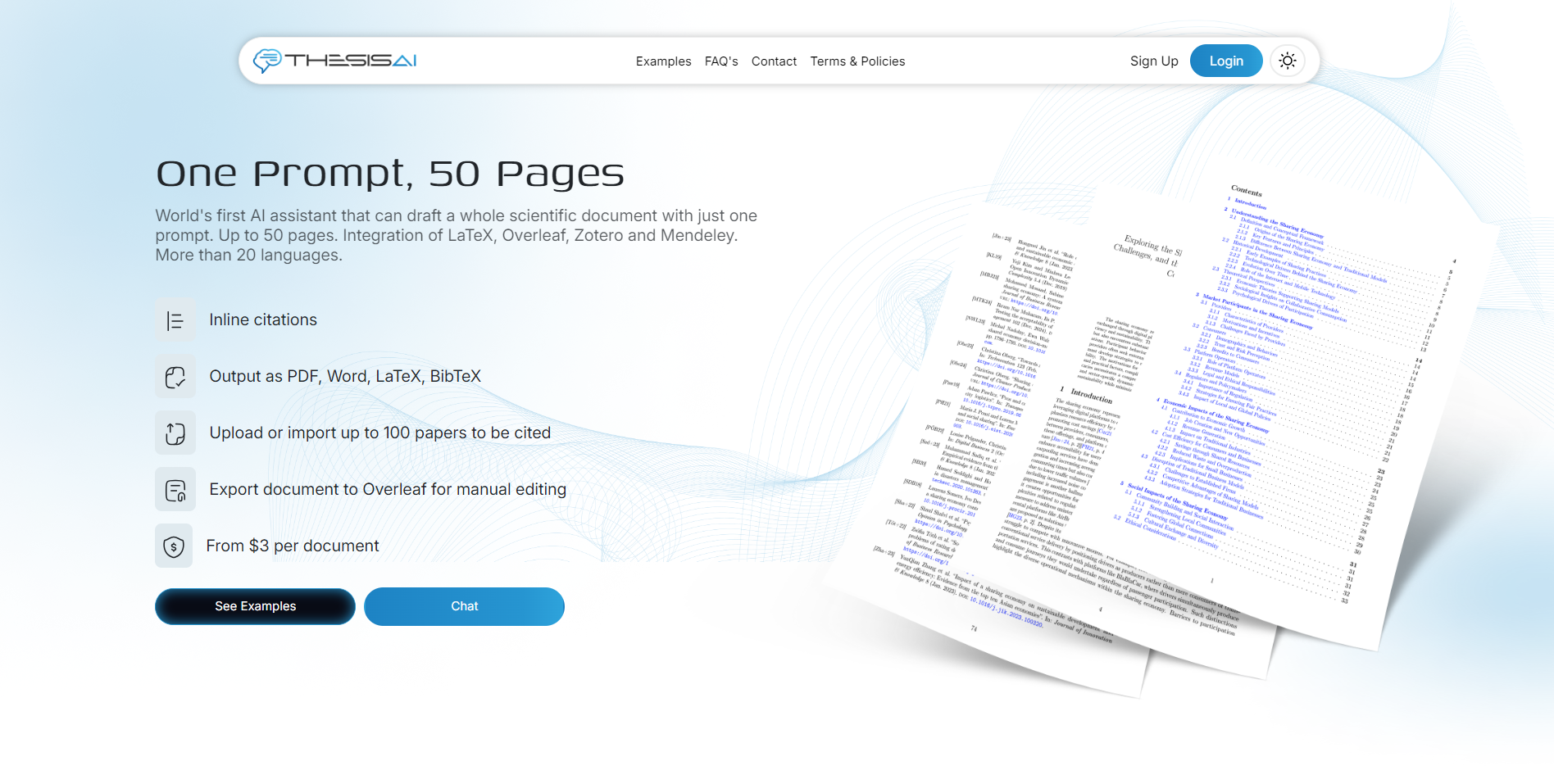
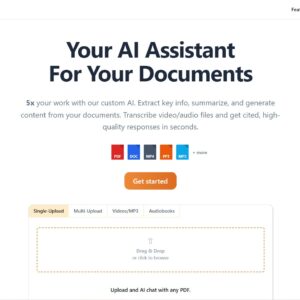
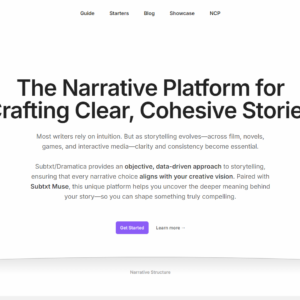
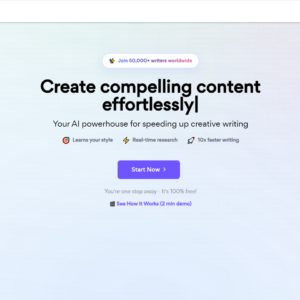
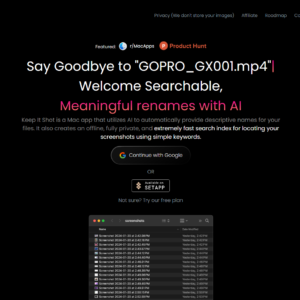
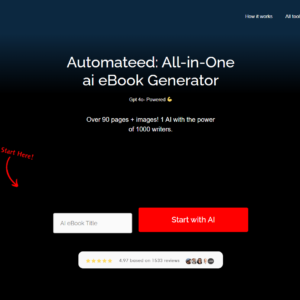
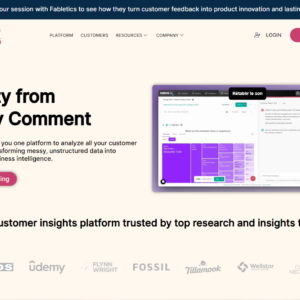

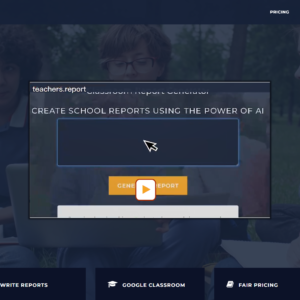
Reviews
There are no reviews yet.